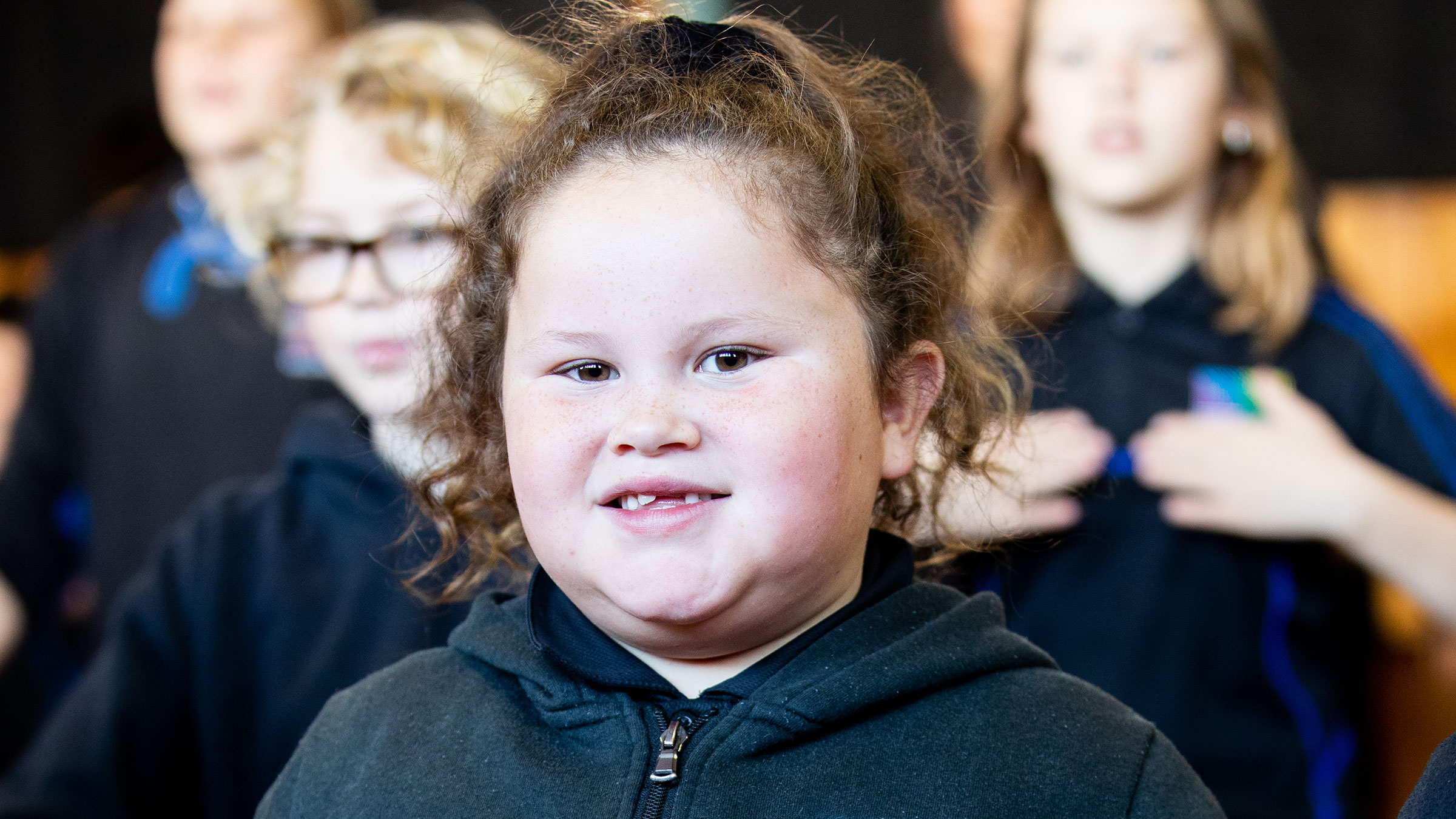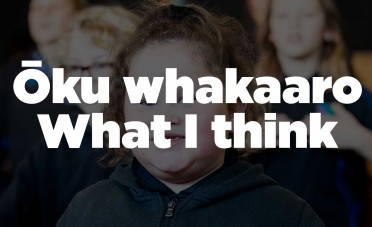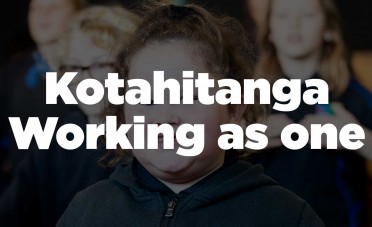He whakataetae ā-rōpū Group challenges
Identify and explore the skills and values needed to support the rights and feelings of others.
Exploring te ao kori — Activity collections
This resource is part of a series within the Exploring te ao kori activity collections called Te āta whakaaroaro i te ao kori | Reflecting on te ao kori.

Intended outcomes
Ākonga recognise ways to include others, and act responsibly to support the rights and feelings of others, when participating in mahi whai.
Suggested approach
Ākonga individually revise the whai (string game) Ngā taimana e rua | Two of diamonds and are told that they will be participating in a team challenge.
In groups of six, ākonga are given a very long piece of wool, and the challenge is to make a large two of diamonds using group members as fingers.
Ākonga rate themselves individually, and as a group, as to how well they have accepted the challenge of learning the new skill as well as their ability to perform the skill. Each ākonga can discuss the way they rated themselves individually with the rest of the group, and group members can provide further feedback.
Remind ākonga about te whare tapawhā and the interconnectedness of the four dimensions of hauora. Ākonga consider what taha hinengaro | mental and emotional wellbeing means and then discuss as a class how they felt as a group member when attempting the whai group activity or developing the presentations for performance to the class. They discuss whether or not they felt the rest of the group valued their contributions and whether or not members of the group were overruled or put down when contributing ideas.
Ākonga can then discuss whether the types of actions that were used in the groups could be improved to provide a more tolerant and inclusive environment and explain how this relates to taha whānau and social wellbeing.
Ākonga then consider taha wairua | spiritual wellbeing, and consider carefully their own actions or lack of actions in the group activities that could have contributed to some discrimination against others in their group.
In pairs, each ākonga is asked to discuss what they have been thinking about and use an 'I' statement to outline what they will do to support others in their group in future activities and what they can do to support their own rights and feelings.

